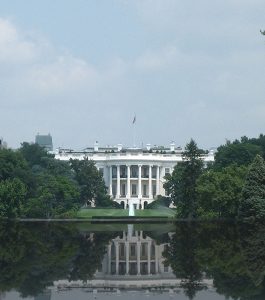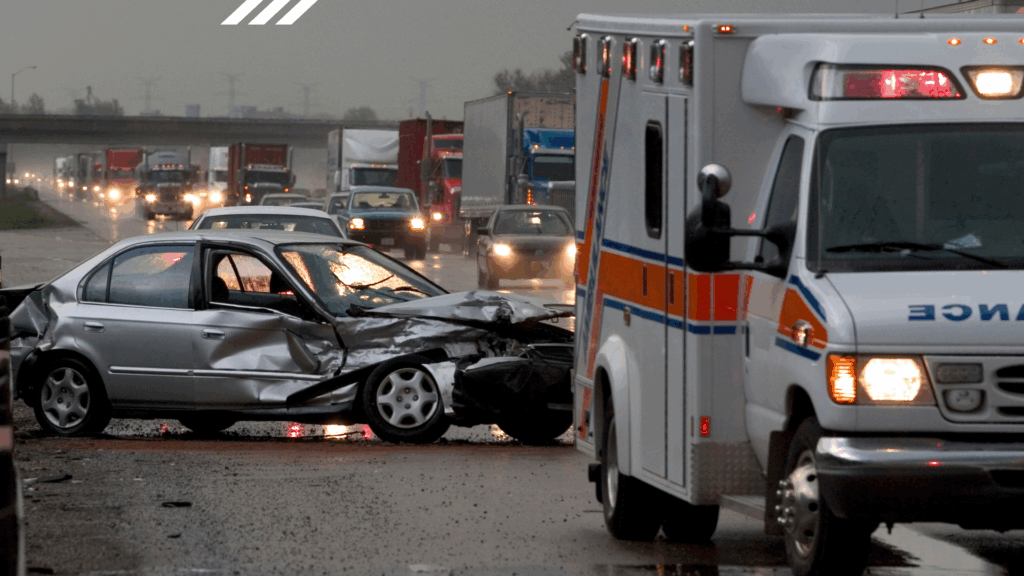This article is offered only for general information and educational purposes. It is not offered as and does not constitute legal advice or legal opinion. You should not act or rely on any information contained in this article without first seeking the advice of an attorney.
WE’RE HERE TO HELP
Get your free consultation today!
CONTACT US


